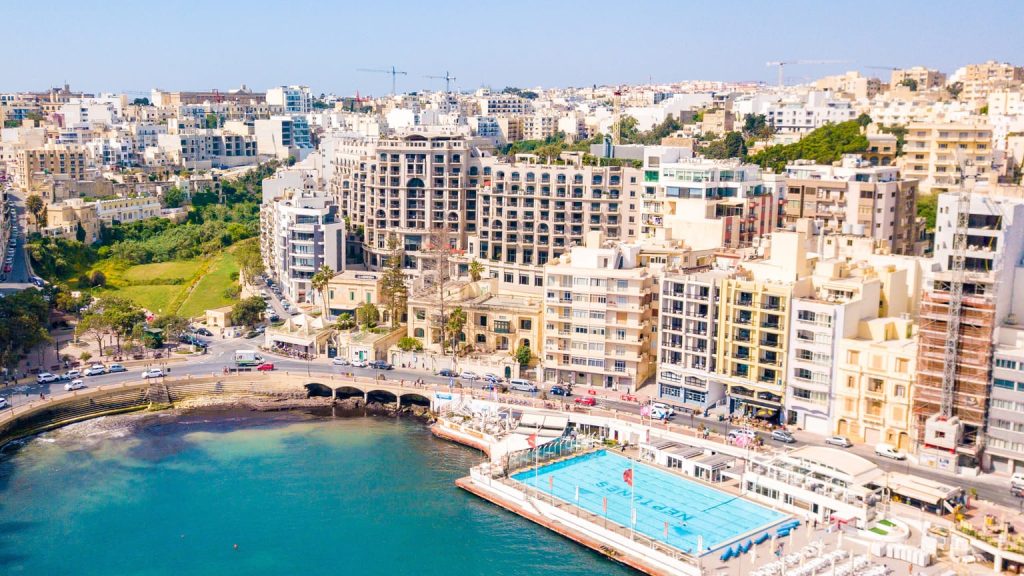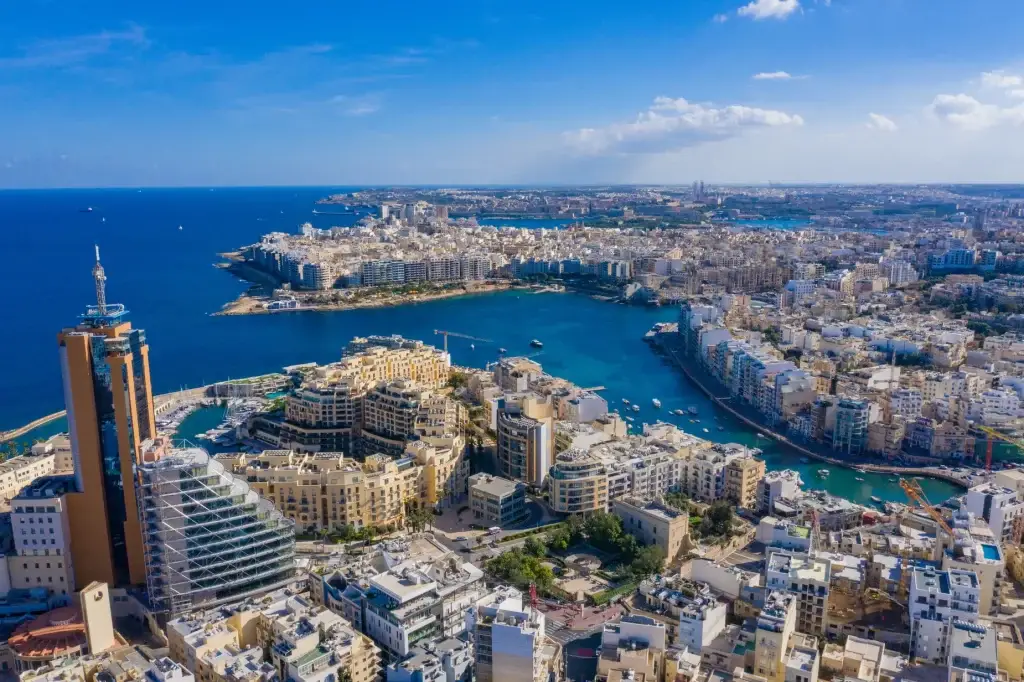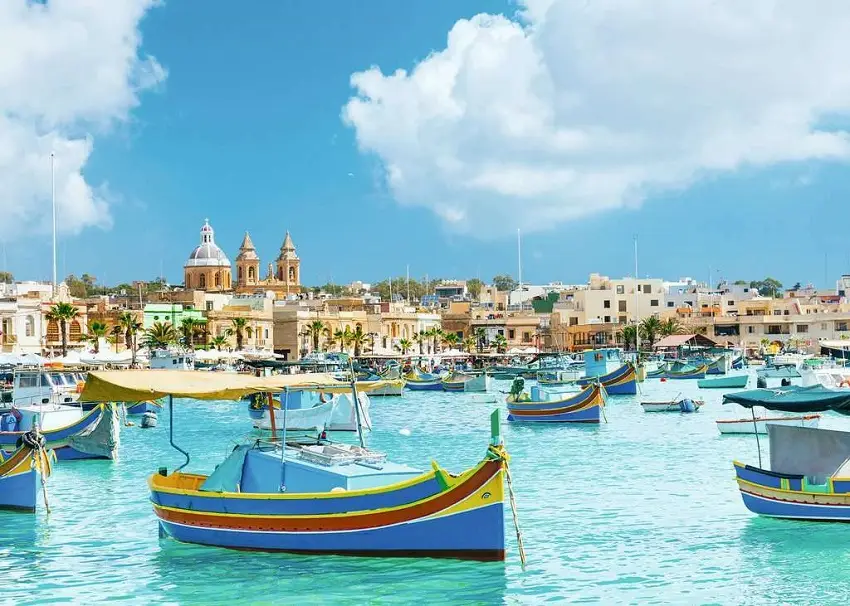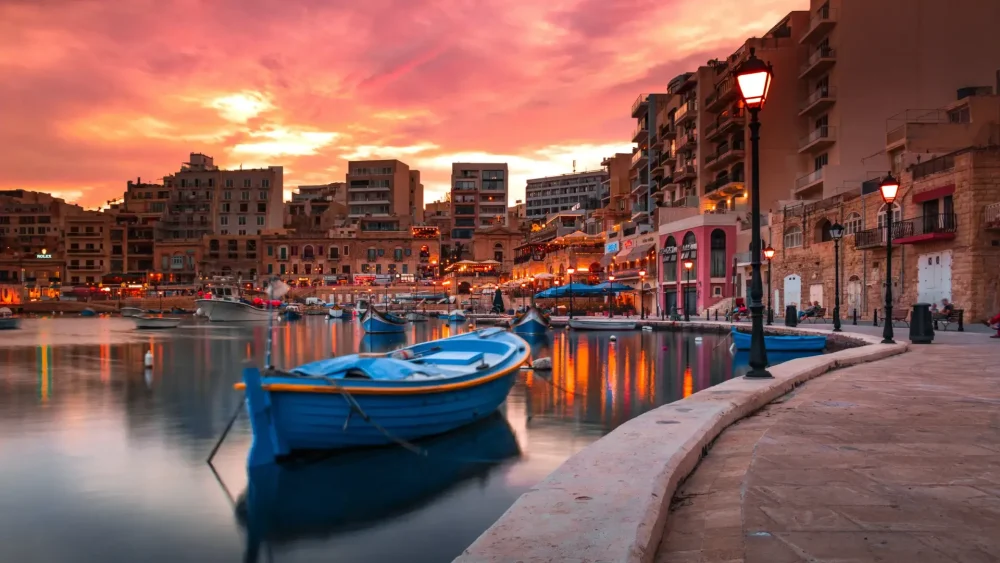The small country has long attracted investors from all over the world due to its stable economy, favourable taxation system and favourable climate for living and doing business. However, before buying property in Malta, it is worthwhile to understand in detail what taxes you will have to pay in order to avoid unexpected expenses.
Any transaction comes with certain obligations, which include:
- property taxes;
- stamp duty;
- acquisition and rental fees if the object is purchased for investment purposes.
The taxes an investor must pay when buying a home depend on many factors: the nationality of the buyer, the type of property purchased, its value and the purpose of the purchase. In this article we will consider these issues in detail.
Specifics of taxes when buying property in Malta
Any property purchase in the country is accompanied by mandatory tax transfers. The buyer pays taxes when buying a property in Malta, including stamp duty and transfer of ownership.

Stamp duty is a set tax payable by the buyer. The standard rate is 5% of the price of the property, but there are a number of conditions that can reduce this amount.
If the buyer is a resident of Malta and is buying his first home, the rate is reduced to 3.5% for an amount up to €200,000. Additionally, there are incentives for investors buying property under investment programmes. Stamp duty is payable to the tax office in two instalments: 1% on signing the preliminary sales contract and the remaining 4% within 15 days of the completion of the transaction. Late payment may result in penalties.
There are also additional costs for the buyer to consider:
- notary fees (about 1-2% of the transaction value);
- government fees;
- legal support.
Importantly, certain types of property are subject to tax relief. For example, property located in designated investment zones may be subject to lower tax rates.
What taxes an investor pays when selling Maltese property
 During the transaction, the owner will have to pay Capital Gains Tax, which is 8% of the contract amount. If the property has been owned for more than three years and used as a permanent home, no tax is due.
During the transaction, the owner will have to pay Capital Gains Tax, which is 8% of the contract amount. If the property has been owned for more than three years and used as a permanent home, no tax is due.
For resale investors, it is important to consider additional taxes, including duty on the proceeds from the sale of commercial property. The contribution rate can vary from 5% to 12% depending on the nature of the sales contract.
Tax on renting out accommodation to tenants
If a property is used for rent, its owner must pay tax on the income received. In the territory of the country, the percentage fee is 15% of the total amount of rental income. If the owner is registered as an individual entrepreneur or a legal entity, the duty may be calculated at different rates. The tax is payable annually to the Malta Revenue Authority and investors can deduct certain expenses (repairs and maintenance of the property) to reduce the tax base.
When you need an AIP Permit in Malta and how much it costs
For non-residents, the acquisition of property in Malta requires a special AIP Permit. The document is mandatory for all non-EU citizens. The permit costs €233 and takes 6-8 weeks to process.
AIP Permit is required for the purchase of residential property, but there are exceptions. Investors purchasing property in specially designated investment zones are exempt from the need to obtain this document.
Is it worth investing in buying property in Malta?
Malta remains one of the most promising property investment destinations. High demand for housing, stable price growth and well-developed infrastructure make the market attractive.

Investors can choose from a variety of strategies: buying for long term rental, resale and participation in government programmes such as Citizenship by Investment. Malta’s property taxation system is one of the most favourable in Europe in terms of purchase taxes.
Due to the growing demand for rentals, especially amongst expatriates and tourists, property investments in Malta provide stable returns. Before purchasing, it is important to carefully analyse tax liabilities and possible unforeseen expenses in order to plan your investment strategy as effectively as possible.
Conclusion
 Buying property in Malta involves the payment of certain taxes which should be carefully analysed when planning the transaction. The main charges include stamp duty, notary and registration fees, as well as capital gains tax levied on the sale of property used for investment purposes and on rental transactions.
Buying property in Malta involves the payment of certain taxes which should be carefully analysed when planning the transaction. The main charges include stamp duty, notary and registration fees, as well as capital gains tax levied on the sale of property used for investment purposes and on rental transactions.
Liabilities can be optimised by applying preferential rates, obtaining tax residency status and strategic tax planning. In order to minimise financial risks and maximise investment potential, it is best for the investor to consult a qualified tax advisor who is well versed in Maltese real estate.
 en
en  de
de  ar
ar  es
es  hi
hi  fr
fr  nl
nl  it
it  pt
pt  el
el 









